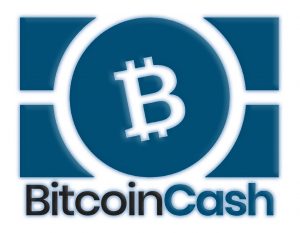
On Nov. 20, the Bitcoin Cash developer Awemany announced the first code proposal for a concept called Zero-Confirmation Forfeits (ZCF), a protocol that adds a layer of security to zero-confirmation transactions. The ZCF mechanism allows faster payments and is designed to reduce the risks involved with double-spend attacks.
Also read: Markets Update: Cryptocurrencies Shed Billions in Bloody Sell-Off
Zero-Confirmation Forfeits
 For a while now the Bitcoin Cash community has bolstered the idea of zero-confirmation transactions, but proponents have also discussed the security issues involved with them. Just recently Awemany proposed the idea of ZCFs so people can test the possibilities of shielding transactions against double-spend attacks.
For a while now the Bitcoin Cash community has bolstered the idea of zero-confirmation transactions, but proponents have also discussed the security issues involved with them. Just recently Awemany proposed the idea of ZCFs so people can test the possibilities of shielding transactions against double-spend attacks.
Awemany is the anonymous BCH developer who found the bug in the Bitcoin Core (BTC) client just a few weeks ago. Zero-confirmation transactions are basically transactions that have been broadcast to the network and are sitting in the mempool (transaction queue), but can still be accepted by users or merchants. Traditionally, services have had to wait for a single confirmation (or more), which means a transaction must be forged into the public ledger before settlement. The ZCF scheme proposed by Awemany involves using the new opcodes that were added to the code on Nov. 15. By using these opcodes, users can add a “forfeit to the transaction in an automated way” by adding a layer of security to the zero-confirmation transaction.
The time is NOW to make up lost ground in #BitcoinCash!
Zero-Conf Forfeits is poised to make BCH the most advanced form of p2p cash in existence.https://t.co/SGBmI0AKem— BitcoinUnlimited (@BitcoinUnlimit) November 20, 2018
The Code Is Ready for Testnet Experimentation
and Miniscule Amounts of BCH
After discussing the idea at the Satoshi’s Vision conference on Nov. 20, Awemany



